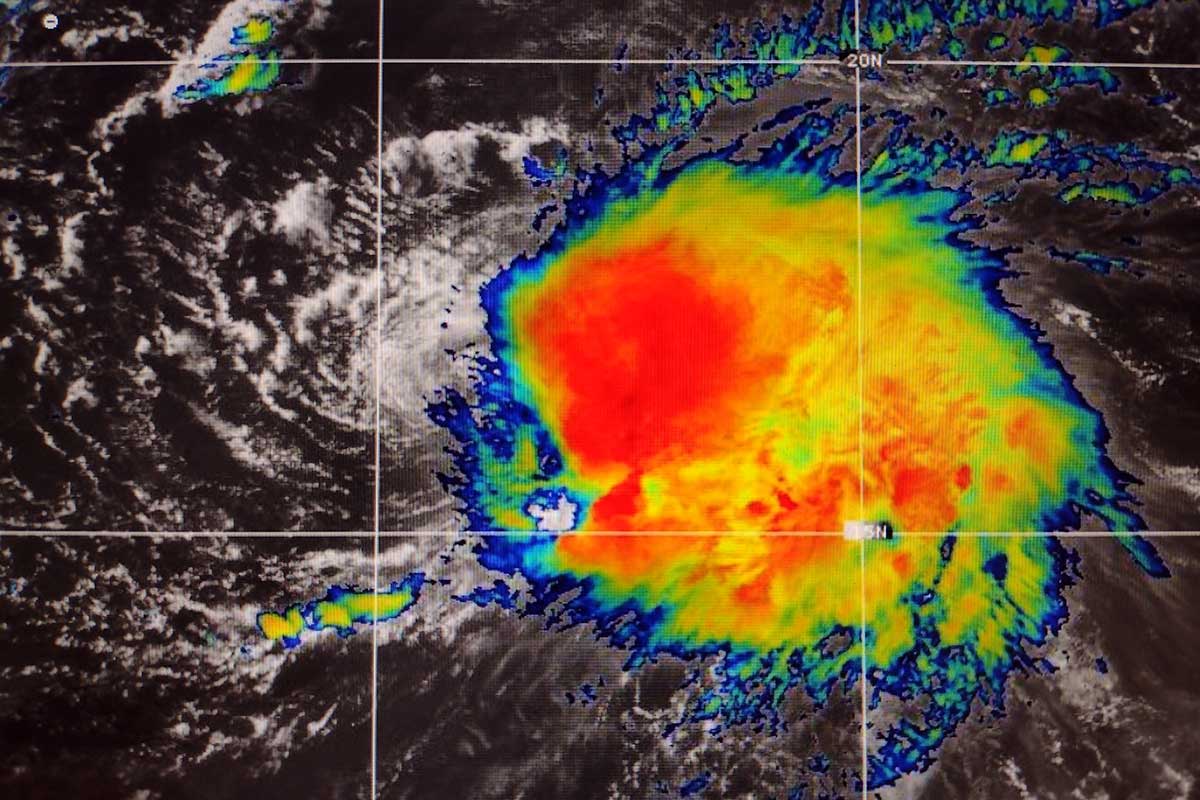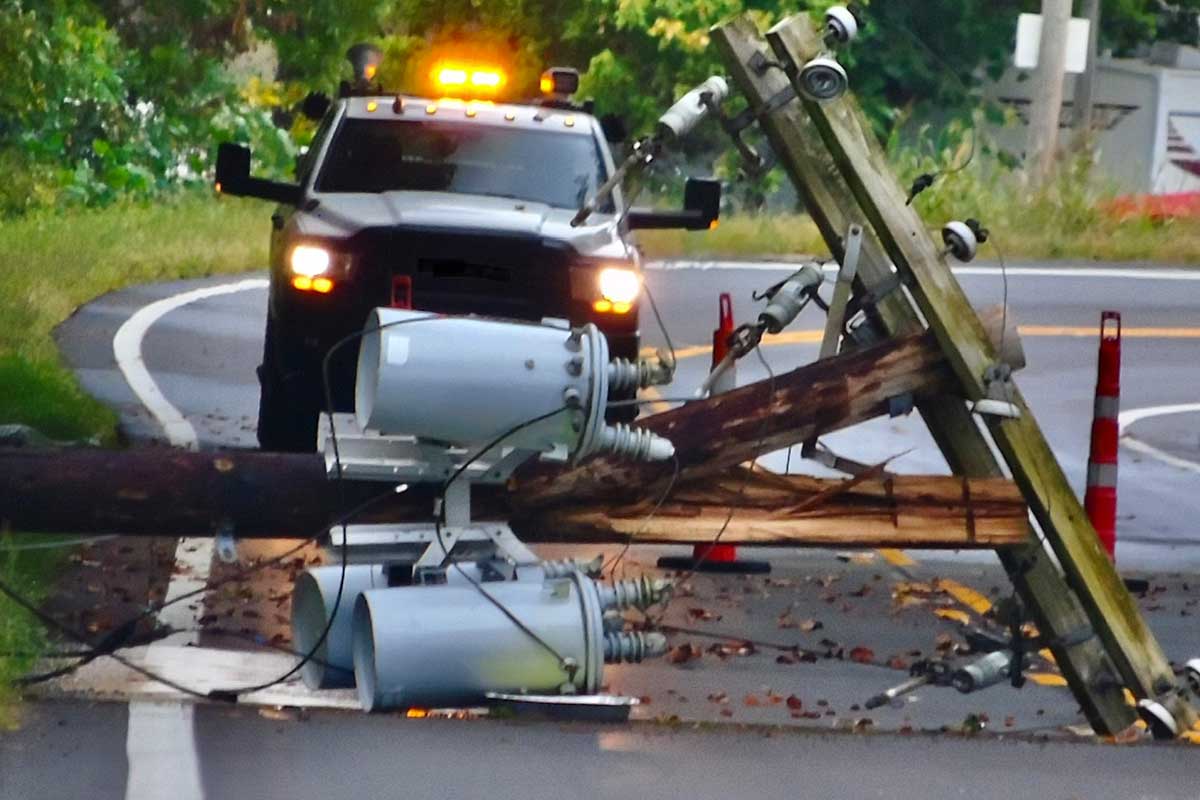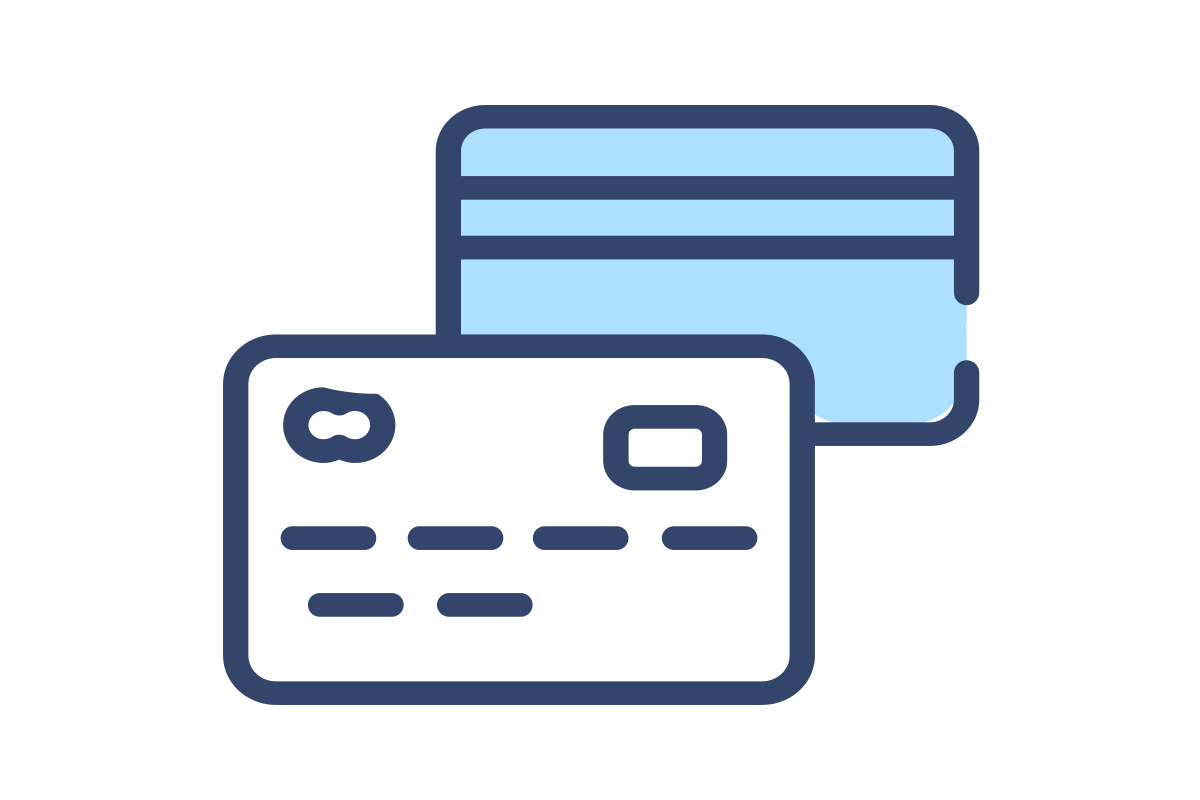Hurricane Preparedness
Your go-to guide for hurricane preparedness. Bookmark this page
for the latest news, branch closures and more must-have information.
Current Updates:
Bookmark this page for the latest news and announcements regarding hurricane season updates.
Ways to Stay Current on the Storm
As a Florida-based credit union, we understand what it takes to stay hurricane-ready. We are here to keep you in-the-know, before, during, and after a storm.
Go to THE trusted source for storm updates in our service area. The National Weather Service provides the latest weather forecast and down-to-the-minute hurricane updates as a storm approaches.
Get a local, neighborhood-focused hurricane survival guide complete with evacuation zones and routes from News4Jax Chief Meteorologist, Richard Nunn. Be ready to "know your zone" and prepare yourself, family and pets.
Stay on top of power outages and restoration efforts that may affect your neighborhood or local branch. Use this page to quickly access JEA's Storm Center website, and bookmark it for regular use.
Resources You'll Need
Community First is here to help you every step of the way, from watching the tropics to preparing your finances. Find all the resources you need for hurricane preparedness right here.
Get your Community First Money Ready Checklist. This printable checklist has FEMA’s 8 easy steps that make sure you’re financially ready for Hurricane season.
Get FEMA Financial Preparedness guide that includes quick, actionable tips for gathering documents, avoiding scams and more.
Avoiding Scams
- American Association of Retired Persons (AARP) Beware of fraudsters trying to cash in on the hurricanes.
- Better Business Bureau (BBB) – Beware of storm chasers and out-of-town contractors soliciting business.
- Florida Office of the Attorney General Download a Hurricane Preparedness Guide from the Florida Office of the Attorney General.
Financial Tools to Help You Prepare
Living in Florida means staying vigilant and prepared for hurricanes and the financial impact they can have. Community First offers several financial tools to help you create an emergency fund for storm season.
Keep your money safe and accessible with a Community First checking account. Whether you want to earn interest or save on ATM fees, we have an option that will work for you.
From low APR on balance transfers to cash back bonuses, discover the financial flexibility you've been looking for, just in time for storm season.
Consider setting up an emergency savings account to ensure you will have the funds you need when a storm approaches.
We are devoted to the communities we serve. In the case that you are facing hardship due to a hurricane, we’re here to help. Discover financial tools that can help you rebuild, or contact us.
Post-storm recovery doesn't have to feel impossible. Let us help. Apply for a Home Equity Line of Credit and see how it can help you get your home back to new.
The value of a personal loan goes a long way. See how much you can qualify for, and get your home and finances back in order after the storm.
Tips to Stay Storm-ready:
- Consider the costs associated with disasters such as insurance deductibles and evacuation costs, and plan for those costs. Anticipate initial out-of-pocket disaster expenses for lodging, food, gas and more.
- Check your insurance coverage. Whether you’re a homeowner or renter, contact your agent to ensure you’re adequately covered and understand exclusions. Don’t forget coverage for your car and remember that standard homeowners insurance doesn’t cover flood insurance which requires 30 days to take effect.
- Keep some cash handy. Credit Union branches and ATMs may be inaccessible if there are power outages or curfews.
- Set aside money in an emergency fund. This can be difficult to do on a tight budget, but can be well worth the effort. Start by saving a few extra dollars each week and spread out your 10 days’ worth of supplies shopping to avoid a one-time large expense.
- Set aside an emergency credit card. If possible, designate one credit card for emergency use only. It should have enough available credit to accommodate purchases of food and supplies for a week or more. Making purchases on a credit card will help you document disaster-related expenses.
- Flood-proof important papers. Place photocopies of important documents in a plastic bag and double wrap them to protect against water damage. You could also upload digital copies of important documents to the Cloud.
- Get your benefits electronically. Having electronic services in place can help you focus your energy on making other important preparations for the storm. And if absolutely have to do things like deposit a check, you can always use the Mobile Deposit feature in the Community First Mobile Banking App from anywhere you are.
- Sign up for electronic services like Direct Deposit, register for Online Bill Pay, eStatements, and Online | Mobile Banking.
Create a Hurricane Survival Kit to Include:
- Water (1 gallon per person per day plus pets)
- Prescription medicine
- Non-perishable food (canned food)
- A mechanical can opener (not electric)
- Batteries
- Flashlight
- Battery operated radio or TV






